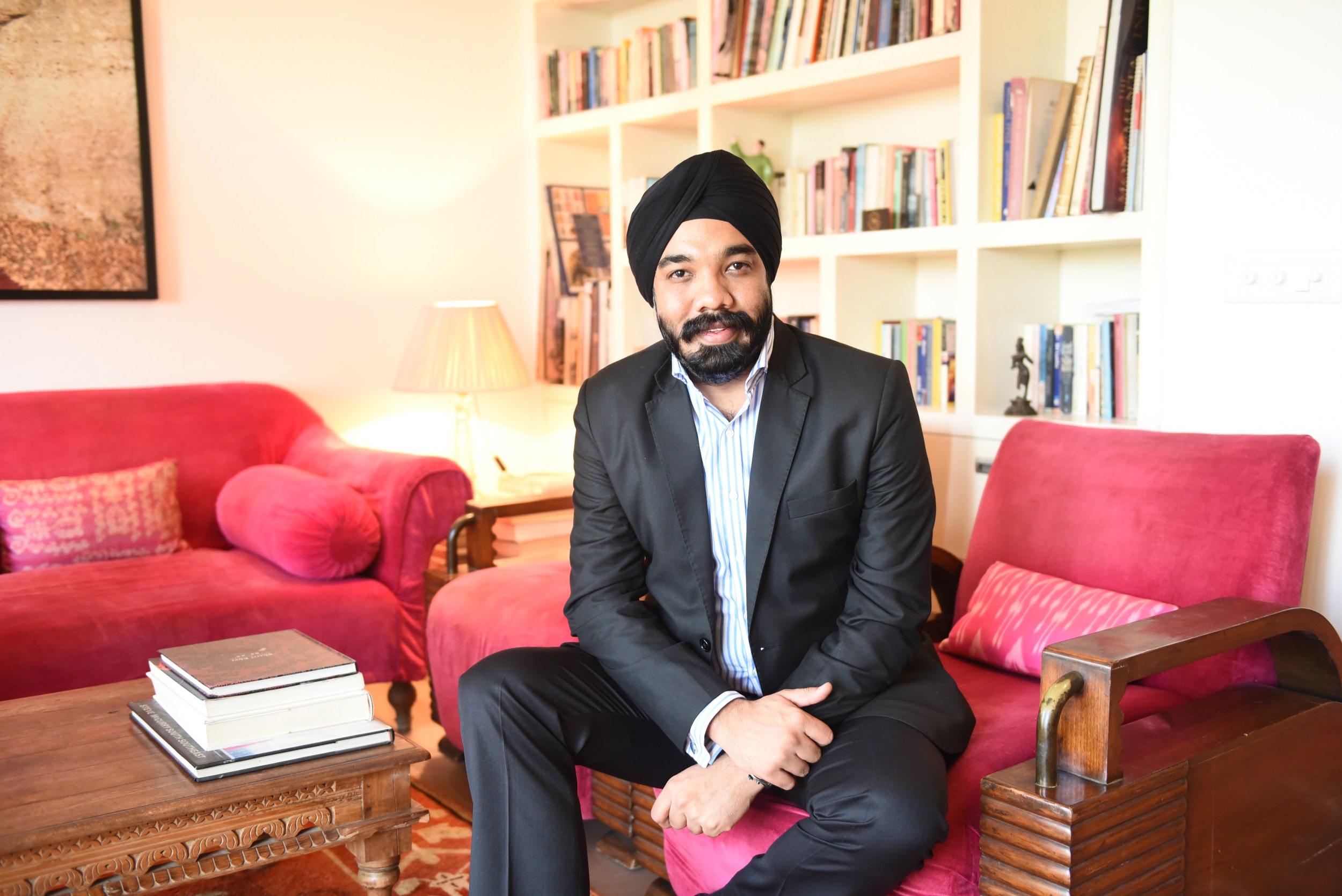Re-energising Malaysia Travel in 2022

by Amanpreet Bajaj, General Manager for Southeast Asia, India, Hong Kong and Taiwan, Airbnb
Almost two years on since the pandemic started, the world has undergone a massive shift from the way we live to how we work and play. Travel, in particular, may never be the same again. Today as the pandemic continues to spike and ebb, and as borders gradually reopen and tourism returns, it’s interesting to note how travel and living are rapidly blurring.
Greater workplace flexibility has brought about a revolution in how we think about remote work and travel – as well as the rise of longer-term stays. Globally, Airbnb saw a significant spike in demand for long-term stays across the globe, with a 44 percent increase in bookings lasting at least a week in Q3 2021 alone. Our top most searched local destinations for long-term stays by Malaysians are currently Kuala Lumpur, Subang Jaya, Johor Bahru, and Penang.
While the start of the new year was not without challenges for the broader tourism economy in Malaysia with respect to the Omicron variant, there are positive signs that 2022 may be the year of broader travel recovery for Malaysia. The nation is better equipped to fight this pandemic than before, as we build on the recovery efforts made over the past two years, with nearly 98 percent of the Malaysian adult population now fully vaccinated and as health and safety protocols continue to be observed.
Following the Government’s introduction of the Malaysia Digital Nomad Program in Budget 2022, and its recent announcement of the DE Rantau program to establish Malaysia as the preferred Digital Nomad Hub, we look forward to supporting a local community of digital nomads in the country as a catalyst for tourism recovery.
This new year, we aim to help more Malaysians become hospitality entrepreneurs and share our unique ‘Keluarga Malaysia’ spirit with more travellers than ever. In Malaysia, a third of Malaysian Hosts polled last year said they used their earnings to stay in their homes during the pandemic, and over half want to find more ways to host with us. Airbnb was founded on the simple goal to enable anyone to share their home, and more than four million people worldwide and in Malaysia are doing just that today.
We also want to encourage more Malaysians to travel safely and responsibly while creating new memories with loved ones. All travel must start first and foremost with safety – it is one of Airbnb’s key priorities. Endorsed by the World Travel and Tourism Council and the Malaysian Medical Association, our Enhanced Clean protocol comprises mandatory cleaning and sanitization guidelines that all Hosts must adhere to, and ensures they provide safer and cleaner accommodation for guests. Just last week, Airbnb also launched our new Guest COVID Support Program to provide relief to guests no longer able to proceed with their previously booked reservations due to unexpected travel disruptions caused by government mandates. For guests in these situations who are unable to obtain full refunds under their Hosts’ cancellation policies, Airbnb will provide relief in the form of a travel coupon for 50 percent of the cost of the unrefunded portion of the reservation.
Finally, we continue to push for an innovative approach to regulation. We have worked closely with the Malaysian Government on the National Short-Term Residential Accommodation guidelines, which will help chart a clear and positive way forward for short-term rental accommodation in the country. We have always supported the approval of these guidelines proposed by the Malaysia Productivity Corporation, which we believe are a useful reference point for local policymakers to consider how best to regulate short-term rental accommodation.
As the tourism sector continues to make slow but steady steps on the path towards travel recovery in 2022, we support the Government’s ‘Keluarga Malaysia’ vision to leave no person or business behind. Airbnb is committed to working hand-in-hand with the Malaysian Government to build a short-term rental regulatory framework that enables hospitality entrepreneurs to thrive, and supports the country’s tourism development and income distribution goals.